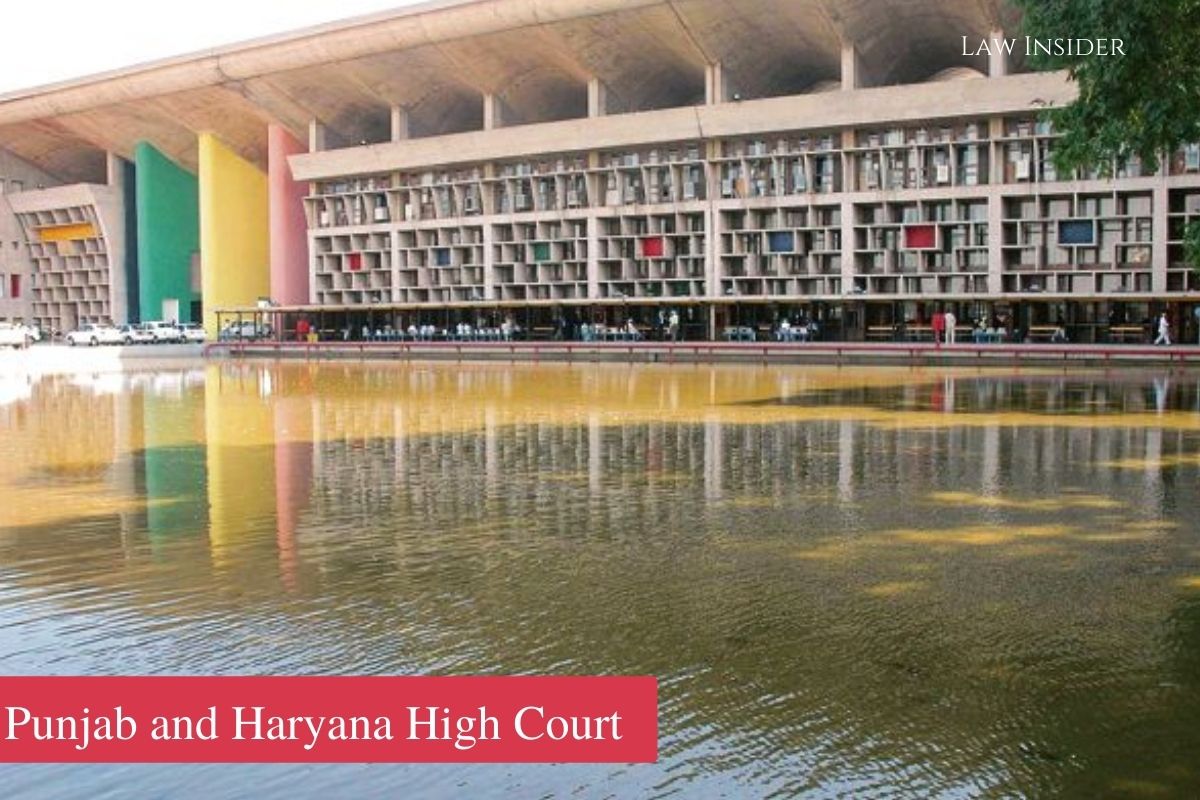LI Network
Published on: 18 August 2023 at 11:59 IST
In a significant stride towards inclusivity, the Punjab and Haryana High Court has taken the initiative to establish segregated restroom facilities within its premises specifically catering to transgender individuals.
The inception of this progressive measure can be attributed to the efforts of advocate Maninderjit Singh, an active practitioner in Chandigarh. Back in 2021, Singh composed a letter to the High Court administration, advocating for the implementation of separate restrooms for transgender persons.
This step gained further momentum as Singh extended his endeavors in 2022 by addressing Chief Justice of India (CJI) DY Chandrachud. His appeal aimed at securing distinct restroom provisions for transgender individuals across all judicial edifices and constitutional courts throughout the nation.
The High Court promptly transmitted the lawyer’s request to the Chief Architect of Chandigarh. The request was scrutinized in light of the precedent set by the Supreme Court in the case of National Legal Services Authority vs. Union of India, 2014, and The Transgender Persons (Protection of Rights) Act, 2019.
The Registrar’s communication to the Chief Architect articulated the necessity to assess the feasibility of incorporating transgender restrooms within the court premises. It proposed a collaborative investigation to evaluate the viability of such facilities and promptly submitting the findings to the committee.
Consequently, a collective of five restrooms exclusively earmarked for transgender individuals was designated across various locations within the High Court complex.
Furthermore, echoing this inclusive approach, CJI Chandrachud recently sanctioned the establishment of gender-neutral restrooms in the Supreme Court in April of the current year.
This decision entailed the construction of nine universally accessible, gender-neutral restrooms dispersed throughout both the primary and supplementary buildings of the Supreme Court.
The impetus for this transformation emerged when Rohin Bhatt, a legal professional identifying as queer and non-binary, corresponded with Justice Hima Kohli, who chairs the Supreme Court Gender Sensitisation and Internal Complaints Committee. Bhatt urged for infrastructural inclusivity in the Supreme Court, leading to this landmark decision.
Earlier in February, the Madras High Court directed the Tamil Nadu government to respond to a plea advocating for gender-neutral public restrooms throughout the state, specifically catering to the needs of transgender individuals.
Similarly, the Gujarat High Court recently issued notices to both the Central and State governments in response to a public interest litigation (PIL) petition. This petition implored the provision of segregated restroom facilities for transgender individuals in Gujarat.

